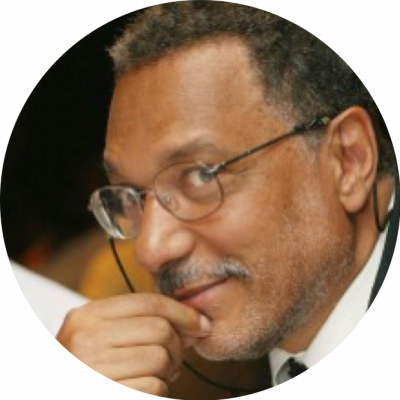 The Institute for the Oceans and Fisheries is pleased to announce that Professor and Sea Around Us Principal Investigator, Dr Daniel Pauly, together with marine biologists Carlos Duarte and Terence Hughes, has been awarded the BBVA Foundation Frontiers of Knowledge Award in Ecology and Conservation Biology.
The Institute for the Oceans and Fisheries is pleased to announce that Professor and Sea Around Us Principal Investigator, Dr Daniel Pauly, together with marine biologists Carlos Duarte and Terence Hughes, has been awarded the BBVA Foundation Frontiers of Knowledge Award in Ecology and Conservation Biology.
Pauly, Duarte and Hughes are being recognized for “their seminal contributions to our understanding of the world’s oceans, and their efforts to protect and conserve marine biodiversity and oceanic ecosystem services in a rapidly changing world.”
According to the selection committee, the three laureates, through their independent efforts, have transformed the world’s understanding of the ocean, revealing its potential as an intense and effective carbon sink, while drawing the world’s attention to the fragile state of coral reefs, and providing critical tools to ensure the sustainability of global fisheries.
For committee chair Emily Bernhardt, Professor of Biology at Duke University (United States), they are “at the absolute forefront” of the scientific drive to understand and confront three of the biggest threats to the world’s oceans; threats that they were the first to highlight and around which they helped launch a global research enterprise.
“Their work is cross-disciplinary and cross-border” – Bernhardt said – “and does not stop at certifying the damage, but goes beyond that to seek and propose solutions.”
Pauly, a UBC University Killam Professor, and founder of the Sea Around Us project at the Institute for the Oceans and Fisheries at University of British Columbia, in Canada, has spent his long career exploring the worldwide decline in fish stocks. His method for obtaining records of global fish catches includes data at times overlooked in the official statistics, such as artisanal fishing or discards, which turn out to have far more weight than first suspected to the extent that they have significantly worsened the global tally of overfishing.
“Professor Pauly’s research demonstrates the interdependencies between fisheries science, marine ecology and conservation around the world,” the selection committee noted.
Spaniard Duarte, on the other hand, is currently Tarek Ahmed Juffali Chair in Red Sea Ecology at the King Abdullah University of Science and Technology (Saudi Arabia), and has experimentally established that coastal ecosystems such as seagrass meadows and mangroves have a striking capacity to absorb atmospheric carbon, exceeding even that of the Amazonian forest. The committee noted that his research was at the roots of the Blue Carbon Initiative, a global program focused on mitigating climate change through the conservation and restoration of coastal and marine ecosystems.
Hughes, Director of the Centre of Excellence for Coral Reef Studies at Australia’s James Cook University, is recognized for “his efforts to describe and draw attention to the global loss of fragile coral reef ecosystems as a result of widespread warming, acidification, pollution and disease.”
According to the BBVA experts, the three scientists stand out for their contributions to our “fundamental understanding” of marine ecology, and their leadership in applying such knowledge to guide “effective conservation management of critical marine habitats and fisheries.”
About The BBVA Foundation Frontiers of Knowledge Awards
The BBVA Foundation Frontiers of Knowledge Awards, established in 2008, recognize and reward contributions of singular impact in diverse fields of science, technology, social sciences and the humanities that have demonstrably expanded the frontiers of the known world, opening up new paradigms and knowledge fields.
The award’s eight categories are reflective of the knowledge map of the 21st century, encompassing basic research in Physics, Chemistry and Mathematics, Biology and Biomedicine, Information and Communication Technologies, Humanities and Social Sciences, Economics, Finance and Management, Ecology and Conservation Biology, Climate Change, and, within the arts, the supremely creative realm of music.
The BBVA Foundation is aided in the evaluation process by the Spanish National Research Council (CSIC), the country’s premier public research organization. The Foundation and CSIC jointly appoint the evaluation support panels charged with undertaking an initial assessment of the candidates proposed by numerous institutions across the world and drawing up a reasoned shortlist for the consideration of the award committees. CSIC is also responsible for designating the chair of each committee, formed by eminent authorities in the subject area.
Tags: awards, Daniel Pauly, faculty, Sea Around Us